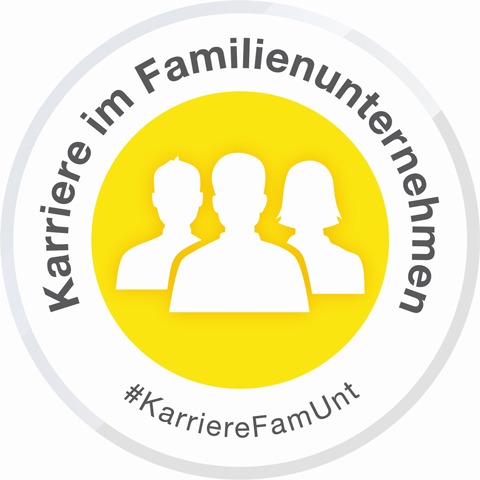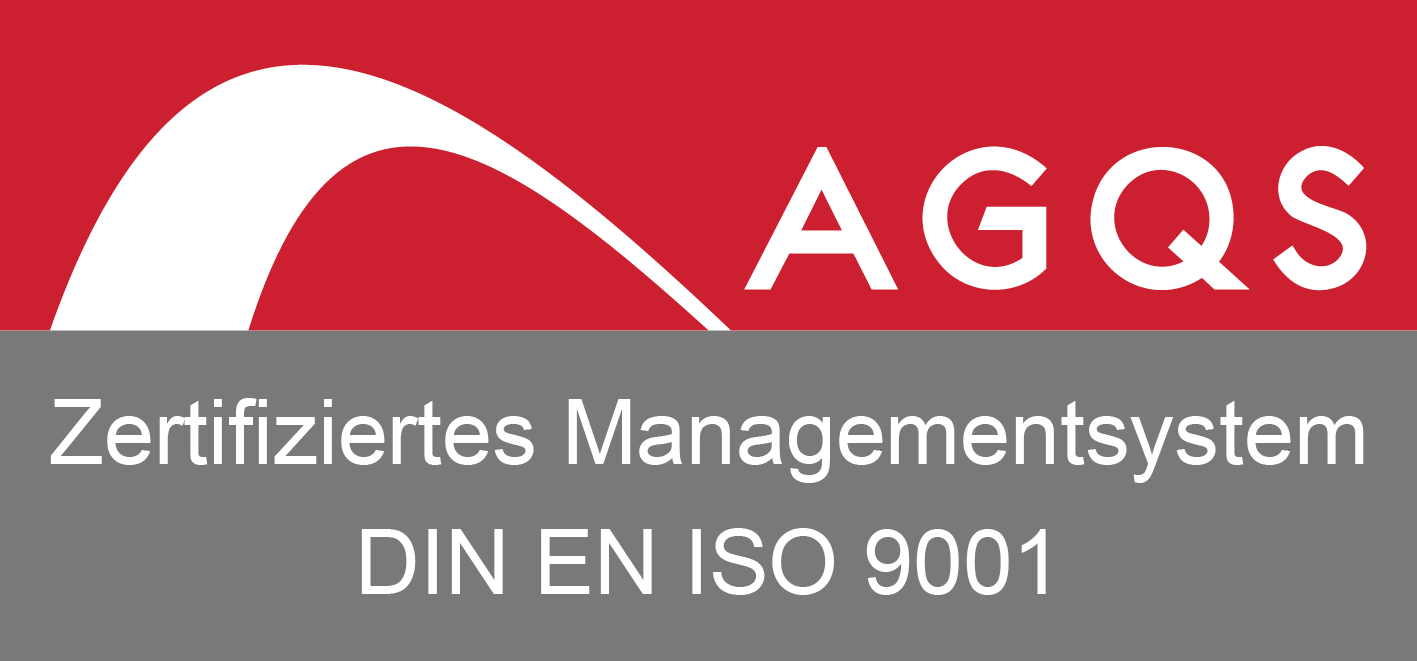Adapted to the needs of the company, cost-effective, without transfer losses – further training in and on the job. Professor Peter Dehnbostel’s studies and practical examples prove that informal learning in the workplace has a number of advantages.
Good in-house training can increase both employee satisfaction and the company’s competitiveness. “It is therefore worthwhile for companies to become active here,” says Professor Peter Dehnbostel, who teaches and researches at TU Dortmund University with a focus on in-company training and continuing professional development.
” I’m going to qualify “
Continuing professional development is the focused promotion and development of skills, knowledge and competencies. The focus is on improving employees’ professional skills in order to meet the demands of the workplace and thus increase the company’s performance.
Many advantages: in-house training “And it offers further advantages,” says Professor Dehnbostel, “on the one hand, it enables a targeted focus on the company’s qualification requirements, as the content can be tailored specifically to the respective workplace. Secondly, in-house training promotes cooperation and the exchange of knowledge between employees, which fosters an increase in skills, positive team dynamics and stronger loyalty to the company. Last but not least, it saves costs, as travel, time off work and lecturer fees are eliminated or significantly reduced.”
Are external professional development courses obsolete? Off-the-job training incurs costs and requires time off work. Professor Dehnbostel sees the inadequate transfer of knowledge as a major disadvantage of external training courses. Participation in such offers is often seen as an award or reward, as an incentive. “That’s a good thing for the individual. However, knowledge transfer into the company and into practice is often not ensured after such participation.”
These offers are therefore not obsolete, but are a necessary addition to in-house training and should be combined with it. External further training gives employees the opportunity to obtain certificates and professionally recognized qualifications, to network with other sectors on an interdisciplinary basis and to gain access to specialist and expert knowledge that is important for the company. “These further training courses must.
but adapt to the digital age, in which complexity is increasing, work is no longer broken down into individual steps as it was in the industrial age and learning is integrated into work.”
Learning and working digitally As an advocate of in-house training, Professor Dehnbostel sees digitization as a benefit in every respect. “Even if our country is at best in the lower midfield in terms of digitalization in international comparisons, most German companies are better positioned digitally.”
And that could be put to good use: Digital media and e-learning formats are ideal for in-company training. And the connection between work and e-learning in the company seems particularly easy to establish – especially for work tasks with a high proportion of problem-solving and reflection, as e-learning has a natural connection to a computer-based workplace. For employees, this informal e-learning is largely self-directed.
Learning islands and online communities are examples that integrate working and learning. Real work tasks from the working environment are worked on and supported in individual or group work. But in contrast to normal work, more time is available for qualification and learning processes, which are supported by coaching, mentoring, learning software and visualization options.
Professor Dehnbostel also recommends project-based learning and assistance through artificial intelligence such as chatbots as internal measures, “but in the sense of participatory support, and not in the traditional sense of “taking things by the hand”. He is convinced that all this will turn the motto “I’m going to get some qualifications” into the attitude “I’m going to dedicate myself to my job and look for a direct solution”. [hw]
” After further training, there is usually no transfer of knowledge into the company “
Prof. Dr. Peter Dehnbostel
teaches and researches at TU Dortmund University, focusing on in-company training and continuing vocational training, and regularly publishes his work on in-company training. He also teaches in part-time Master’s programs at the Carl von Ossietzky University in Oldenburg and at the Friedrich-Alexander University in Erlangen-Nuremberg. (Photo: Center for Digital Work ZdA)








